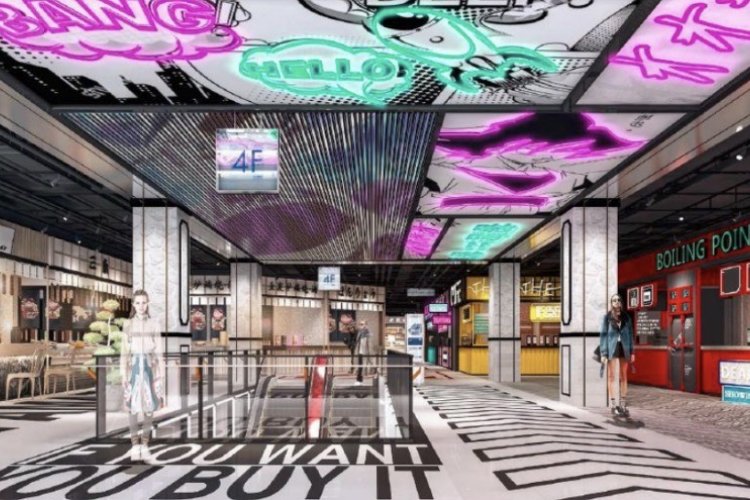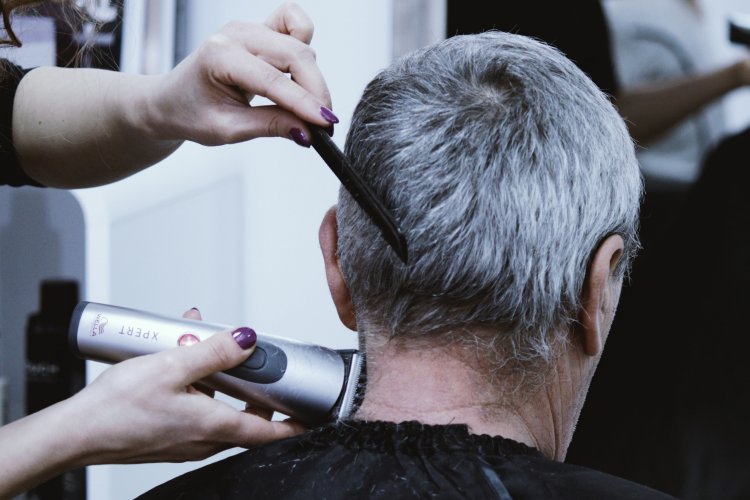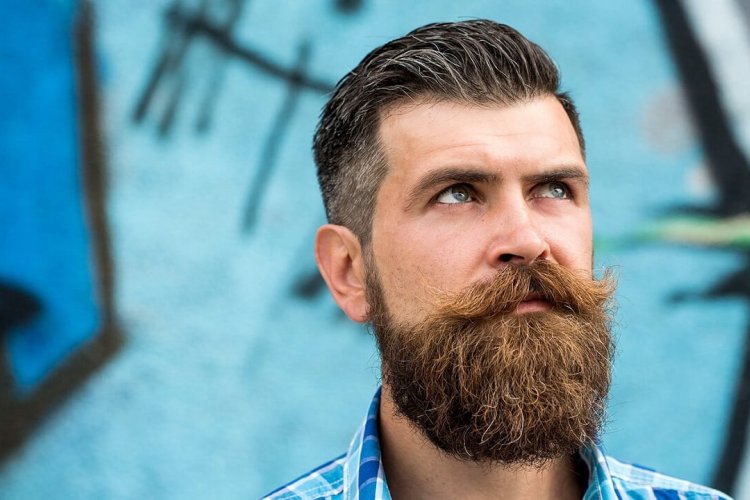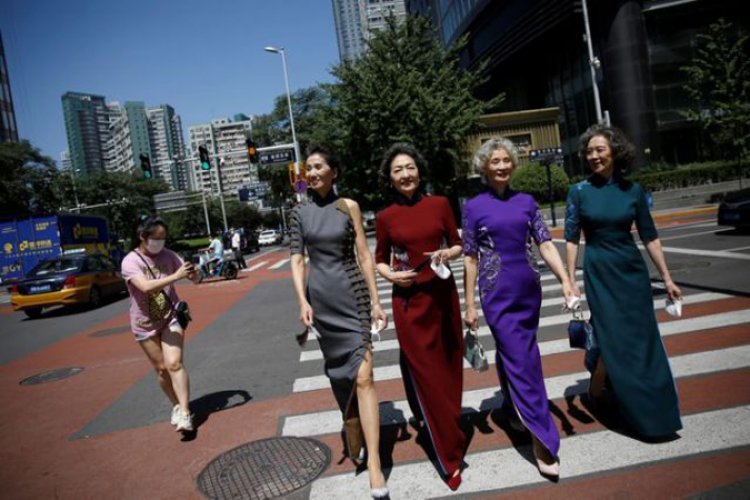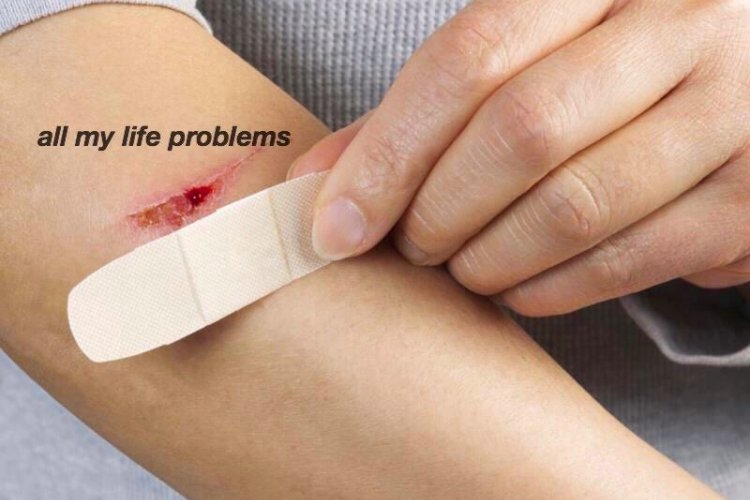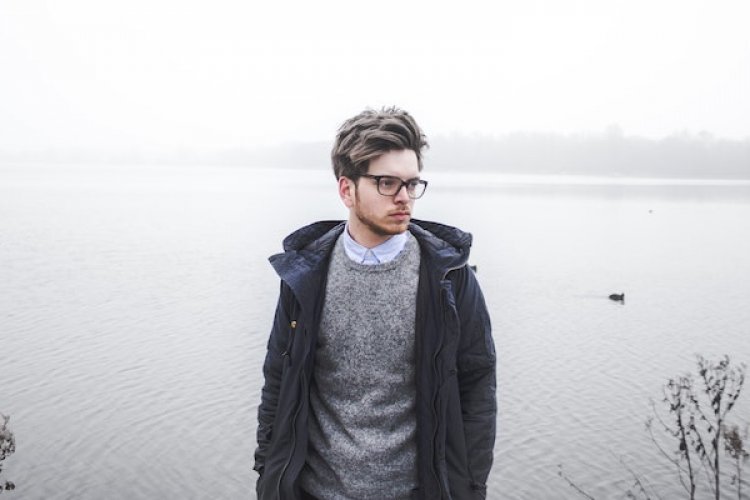Face Hunting in Beijing: Yvan Rodic Talks Blogging Culture
A few weeks ago we reported that Yvan Rodic, founder of one of the world's most visited street style blogs Face Hunter, was dropping by Beijing to participate in an event series organized by Triple-Major.
Although his website is blocked in China, a mostly Chinese crowd of fashion media arrived at his December 30 talk to snap photos and hear what he had to say. Joined by Modern Media editor and curator Jian Cui, Rodic pontificated on blogging culture and global communication.
The famous blogger came across as cool and supercilious, if not slightly ruffled. He stumbled slightly over words, but for the most part, gave very candid responses – especially given the fact that he'd just recently stepped off the plane.
The Beijinger got an exclusive interview with him. Excerpts from the night, including his panel responses, can be found below.
On how Face Hunter got started
I never decided [to start the blog], it just happened. I moved from Switzerland to Paris. Naturally, I met people who were in fashion and would bring me to these fashion shows and talks. I thought it’d be fun to take portraits and post them on the Internet, and maybe – just maybe – someone would be interested. There wasn’t really a blogging culture back then; there were no success stories to look up to. I never imagined [Face Hunter] would take off the way it did.
On the evolution of his blog
In the beginning, I only took photos of faces. I didn’t take it seriously. From the faces it became more of a blog about style. Just faces became boring after awhile.
On what distinguishes him from other street style bloggers
I’m less fashionable, more adventurous. The rest of them are very fashion industry-related. I think it’s exciting to share style from more obscure people. I try to attend events that will attract interesting people, whether it’s a film festival in Utah or a music festival in Iceland. I [just] try to be in the right place at the right time.
On why he chooses to photograph “real people” rather than fashion insiders
I don’t think it’s very interesting to photograph Carine Roitfeld [former Editor-in-Chief of the French Vogue] – she gets thousands of pictures taken of her everyday. I’d rather photograph the younger crowd – not necessarily the ones who try hard, but the ones who are more earnest and creative.
On how he chooses his photo subjects
I don’t follow any specific format – I photograph what I like rather than what represents the city. You can see someone’s personality through their body language. Someone’s body language can make them fashionable. It’s not always about their outfits; it’s [more] about the aura of a person. Every person has a different story.
On fashion sense in Asia
You definitely can’t put Asian fashion into one category. Taipei is not quite Japan. China, Japan and Korea are more conceptual. I see China and Korea following more of a Japanese aesthetic – in contemporary fashion, Japan has had more time to develop. Now China is definitely coming up with lots of its own trends. It’s becoming more connected and developing its own sense of identity.
On what powers the "blogging phenomenon"
I think it relates to this sudden interest in “real people.” Just look at reality TV. More and more people are interested in people they can relate to. If you see people who look more normal and don’t just get stuff for free, they can be more inspiring. And then because these bloggers have so many followers, they’re worth inviting to sit front row at fashion shows.
On how blogging has revolutionized fashion around the world
I don’t view blogging as a form of rebellion. Blogging is exactly what people need right now. It’s the most democratic form of media. Back in the day, style and identity were defined by where we were born. Nowadays, thanks to the internet, fashion is more and more an individual choice. This could be [perceived as] something negative, like a loss of [cultural] identity. But it could also be [viewed as] an opportunity: You have more power to choose for yourself.
Fashion used to be an exclusive thing – the magazine industry people decided what was hot and not. Now young people realize they have a million options.

